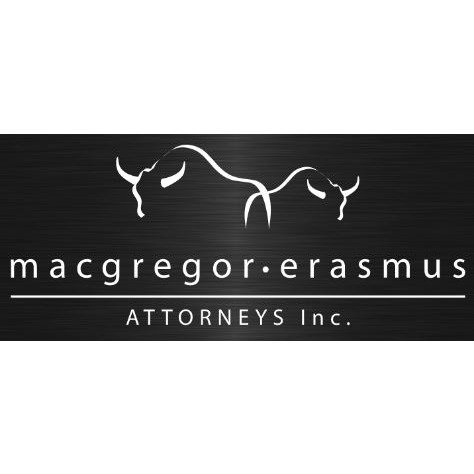Best New Business Formation Lawyers in Durban
Share your needs with us, get contacted by law firms.
Free. Takes 2 min.
List of the best lawyers in Durban, South Africa
About New Business Formation Law in Durban, South Africa
In South Africa, the formation of a new business involves several legal steps with a main goal to protect both the business owners and their customers. The Companies and Intellectual Property Commission (CIPC), a branch of the Department of Trade and Industry, governs and monitors businesses. In Durban, like the rest of the country, businesses can operate in various forms such as sole proprietorships, partnerships, or incorporated entities. Each form has different legal requirements, implications and benefits. Legal assistance can be beneficial to navigate through this complex process.
Why You May Need a Lawyer
Despite it being possible to handle new business registration without legal assistance, the process can be tricky and time-consuming, particularly for those unfamiliar with South African Business Law. Lawyers can help in choosing the best business structure, filing necessary documents to the CIPC, drafting agreements, and ensuring compliance with laws that regulate licensing, permits and taxes. Mistakes in any of these processes can lead to legal complications later on, such as liabilities or fines. Hence the use of a lawyer is always recommended.
Local Laws Overview
The Companies Act 71 of 2008 is the main law governing business formation in South Africa. It stipulates the different types of business formations, registration processes, and also directors' responsibilities. In addition, businesses must also comply with local ordinances in Durban, such as zoning laws, environmental regulations, and business operation hours.
Frequently Asked Questions
What is the first step towards setting up a business?
The first step is typically choosing a business type. This will determine how your business will be legally and financially structured. You will then register your business with the CIPC.
How long does it take to form a business?
The process may take from a couple of days to a few weeks, depending on the business structure, complexity of the business, and whether all necessary documents are ready.
Is there a need to register for tax?
Yes, businesses must register with the South African Revenue Service (SARS) for income tax and other applicable taxes, depending on the type and size of the business.
What are some common permits required?
Common permits include trading licenses, food health permits, and safety permits. The specific licenses a business requires will depend on its nature and location.
Can a foreigner start a business in Durban?
Yes, foreigners can start a business in Durban. However, they need to meet requirements such as having a business permit or a relevant visa, and also fulfill certain conditions stipulated by the Department of Home Affairs.
Additional Resources
Important institutions for new business owners include the CIPC for business registration, SARS for tax matters, and the Durban Chamber of Commerce for networking and business support. The National Small Business Chamber offers entrepreneurial resources, while comprehensive business law information can be derived from the SA Business Guidebook.
Next Steps
If you need legal assistance in New Business Formation, consider consulting a lawyer who specializes in South African Business Law. They can guide you through the legal process, and help you avoid potential pitfalls that may impact your business in the long run.
Lawzana helps you find the best lawyers and law firms in Durban through a curated and pre-screened list of qualified legal professionals. Our platform offers rankings and detailed profiles of attorneys and law firms, allowing you to compare based on practice areas, including New Business Formation, experience, and client feedback.
Each profile includes a description of the firm's areas of practice, client reviews, team members and partners, year of establishment, spoken languages, office locations, contact information, social media presence, and any published articles or resources. Most firms on our platform speak English and are experienced in both local and international legal matters.
Get a quote from top-rated law firms in Durban, South Africa — quickly, securely, and without unnecessary hassle.
Disclaimer:
The information provided on this page is for general informational purposes only and does not constitute legal advice. While we strive to ensure the accuracy and relevance of the content, legal information may change over time, and interpretations of the law can vary. You should always consult with a qualified legal professional for advice specific to your situation.
We disclaim all liability for actions taken or not taken based on the content of this page. If you believe any information is incorrect or outdated, please contact us, and we will review and update it where appropriate.

















